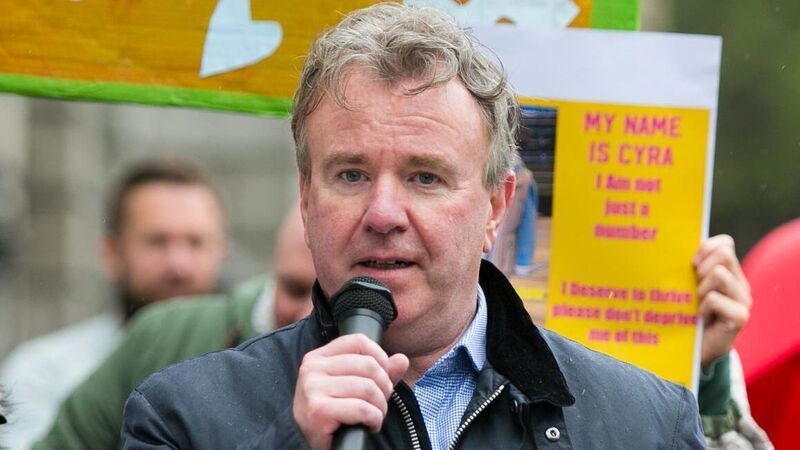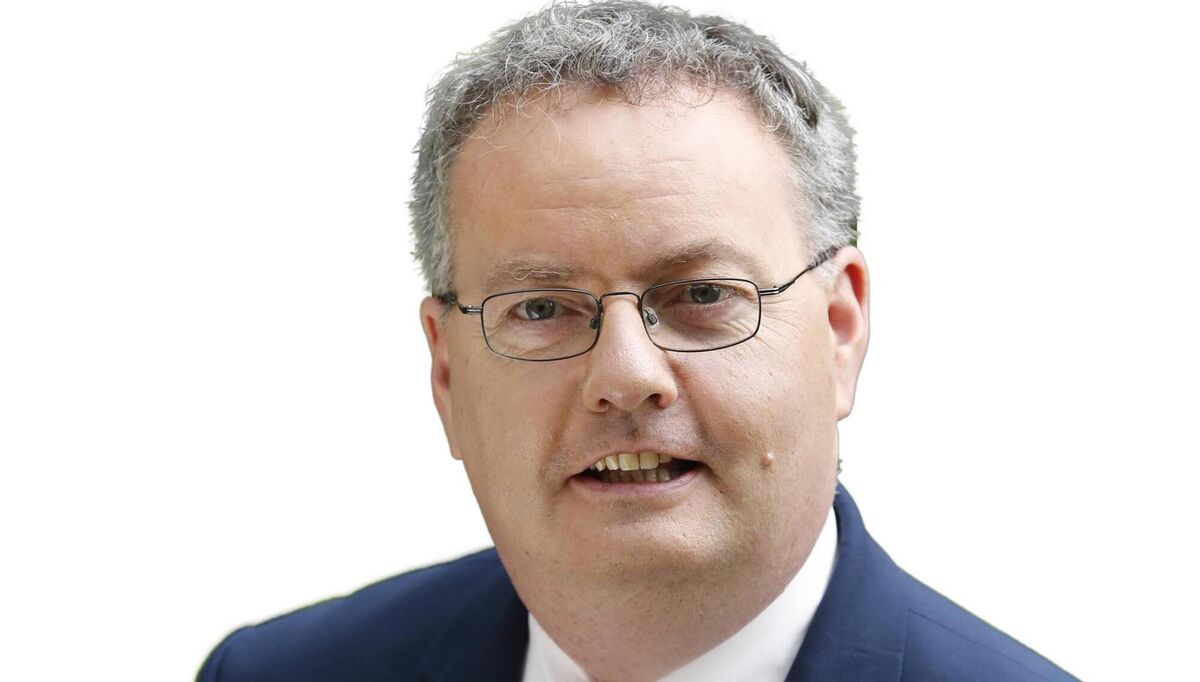More than one-in-four homeless people also have a disability, Oireachtas hears

Independent senator Tom Clonan called for 'a radical transformation of fundamental human rights'. Picture: Gareth Chaney/ Collins Photos
The fact that 27% of people who are homeless have a disabilityhighlights the need to ‘scaffold and support’ people with additional needs to access employment, housing, community, and public life, an Oireachtas committee heard.
The comments came at the launch of a new report on the participation of people with disabilities in political, cultural, community, and public life by the joint Oireachtas committee on disability matters.
This report examines inclusion and participation in political, cultural, community, and public life, and the role of active citizenship regarding people with disabilities in society.
Its recommendations include that the Electoral Commission be mandated to include the promotion, inclusion, facilitation, and participation of persons with disabilities in the electoral and political process.
It also called for the Government to eliminate the practice of putting people with additional needs in congregated settings.

Launching the report, committee cathaoirleach and Fianna Fáil TD for Cork North West, Michael Moynihan, said: “We cannot begin to speak about the consultation and participation of people with disabilities in local communities and society until we treat people with disabilities with presumed capacity, capable of independent thinking and living, and contributing to society."
Independent senator Tom Clonan welcomed the publication of the report.
“This isn’t about equality," he said.
"And for that, we cannot treat people in our community equally, we have to scaffold them, empower them, and support them so that they can be included in all areas of political and public life, community and cultural life.”
He noted that 27% of Ireland’s homeless population are people with disabilities.
Disability rights campaigner Leo Kavanagh with Physical Impairment Ireland said that he walked past two people sleeping rough next to a wheelchair in Dublin that morning.
Speaking from personal experience, he said that Ireland is the worst country in Europe to live with a disability.
People are even barred from exercising their democratic right to vote due to inaccessible polling stations, the committee heard.
The Oireachtas committee on disability noted that there is hope, however.
Mr Clonan said that when he first began campaigning for better disability services back in 2010, he was met with hostility. But the State is now listening, and the minister of State for disabilities Anne Rabbitte wants to improve services.
Hugo McNeill of Trinity Centre for People with Disabilities said that in the past it was assumed that people with disabilities could not go to university, but that had been proven to be wrong.
Marie Devitt, also of Trinity Centre for People with Disabilities, said that graduates she knows have had to turn down promotions and pay rises at work because if they surpass the income threshold, they will no longer qualify for the disability allowance, which many families rely on.
Rachel Cassen of Leap, a non-profit that helps children and young people with disabilities and their families, said that employment is transformative. Although disabilities are still contained within a medical model of care, actually supporting people to find a job and a home was often a greater need.
Her son is now working in Trinity College Dublin in a professional role. This was made possible with the help of their support worker who has become "like a son", and the personal budget her son was allocated.
TD Michael Moynihan called for social inclusion for people with disabilities in Ireland.
"This requires a cultural shift which will be enhanced with the commencement of the Assisted Decision Making (Capacity) Act 2015 under which a person is, by default, presumed to have capacity," he said.
"Progressing full accessibility and inclusion in local communities will subsequently deliver inclusive democracy and active citizenship for people with disabilities.
"The committee believe that people with disabilities must be meaningfully consulted regarding decisions that affect their lives, as per Article 4(3) of the UNCRPD [United Nations Convention on the Rights of Persons with Disabilities]. This can only begin when the voting system in Ireland is fully accessible to people with disabilities.”









